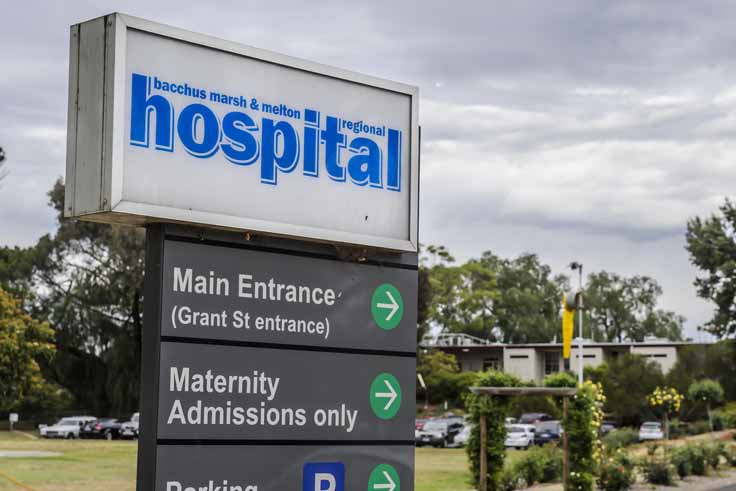An independent review, commissioned by the Australian Health Practitioner Regulation Agency (AHPRA), has been released with the agency conceding it took a long time to investigate complaints about practitioners made three years ago.
AHPRA will run awareness campaigns on reporting obligations, and will work with the Victorian Health Department, practitioners and the public to ensure concerns are being raised and regulatory action taken when necessary.
AHPRA chief executive Martin Fletcher said Djerriwarrh Health Services – the manager of the hospital – the health department and Health Services Commissioner have been updated about the subsequent changes.
MARTIN FLETCHER. (SUPPLIED)
Mr Fletcher said the review examined thousands of pages of clinical records and gathered information to identify individuals, and “establish what happened and what should have happened in each case”.
“We owe it to the families who have suffered terrible loss, and the community, to make sure our work is thorough and fair,” Mr Fletcher said.
“We are identifying a range of issues, from tragedies that were the result of people doing their best in a flawed system of clinical governance, to individual health practitioners who need to further explain what they did or didn’t do.”
Anonymous testimony
Several health practitioners at the Bacchus Marsh and Melton Regional Hospital will need to explain “what they did or didn’t do” as investigations continue into a series of avoidable perinatal deaths at the hospital.
Mr Fletcher said AHPRA would not be releasing the number of people being investigated or the work they undertook because “in a small health service [it] would necessarily identify individuals.
“Also the numbers change as we learn more about what happened, identify who was involved and assess whether they did what they ought to have done.
“New cases open, other matters close.”
Among the review’s recommendations are better risk assessment practises; “more intensely” applying resources to higher-risk notifications; greater transparency; effectively balancing the needs and rights of the public, employers and practitioners; and acting upon the causes of delays.
Mr Fletcher urged employers and practitioners to “know their obligations and meet them” and report ‘notifiable conduct’ to AHPRA.
Djerriwarrh Health Services has been contacted for comment.


















